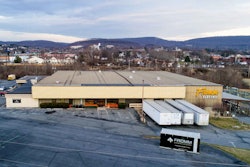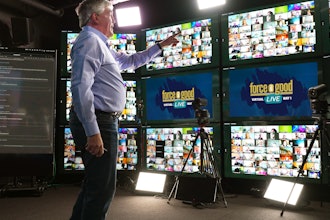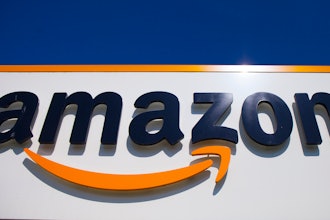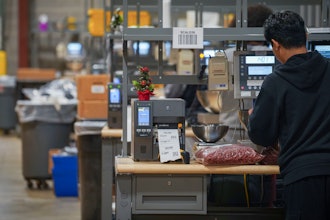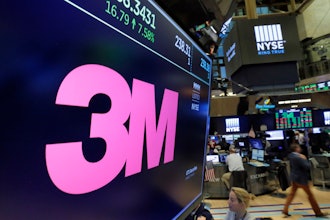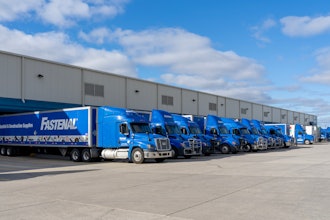
There’s a small business owner who opened a store last June.
This business owner believes in her product and is committed to providing the best service she can. She focuses on adding value to all her transactions and in creating a presence in her store that benefits the overall community.
But she is struggling to do business amidst the big box competitors and people who don’t understand the value inherent in a local storefront.
Sound familiar?
If you think I am writing about a distributor, you’re wrong. This small business is an independent bookstore.
I attended a panel this past weekend where independent bookstore owners discussed the book-selling in today’s economy: what it looks like, the struggles they face, and the overall feel of the marketplace. Throughout the hour-long discussion, I couldn’t help but think how similar the situation was to what distributors are facing today.
What is happening with AmazonSupply right now is what happened with Amazon and independent booksellers when the online retailer opened in 1995.
The panel participants echoed many of the same concerns that I have heard distributors voice:
- Competing against Amazon on price is impossible.
- Some people just don’t understand the value booksellers provide.
- Booksellers cannot predict the future of ecommerce.
The booksellers expressed concerns about all of these things, but continued to talk about their businesses and the marketplace with enthusiasm and hope.
They love the work they do – and they want to be able to continue doing it for a long time. At the same time, these business owners acknowledged that they need to try everything they could think of to differentiate themselves in the market.
One of the store owners mentioned that they are striving to create a space in their store that is about more than just buying books. They have added a café and Wi-Fi to the store to make it a destination. They organize an author signing or reading every Sunday afternoon at 2:00 PM in hopes that their small community will realize that they should come to the store every week at that time because they know something interesting is going to be happening – even if they don’t know exactly what interesting thing it will be.
Another owner specializes specifically in mystery novels. When an author came to her that writes in a different genre who wanted to organize a signing, the shop owner didn’t say no – she improvised. Instead of hosting the signing herself and reaching the wrong audience, she worked with another local retailer that specialized in the book’s topic (vintage clothing) to host the event. The clothing store and author were thrilled, and the store owner will have a reputation for serving her supplier (the author) in the best way she knows how: connecting her with the best customer that she can.
These store owners know that if they don’t innovate and if they focus solely on price, they are going to get left behind. Amazon can’t connect an author and a reader in a meaningful way. AmazonSupply cannot connect a supplier and customer in value-added relationship, either.
However, one store owner made an interesting point: “Amazon is visibility.”
In fact, a local printing house represented on the panel encourages their small press authors to list their books on Amazon in addition to the local stores. The printing house will even create the listing for the author, they feel it is so important.
All three booksellers encouraged the audience (mostly authors and writers) to treat Amazon as a selling partner.
Amazon has the visibility and global reach that maybe your website doesn’t have. Amazon also has the trust and brand recognition with which many smaller firms can’t compete.
These local booksellers are finding new ways to approach their business in the context of Amazon. How can industrial distributors do the same?
For more news and opinions from Abbigail Kriebs, subscribe here and follow her on Twitter at @AbbigailatID.





